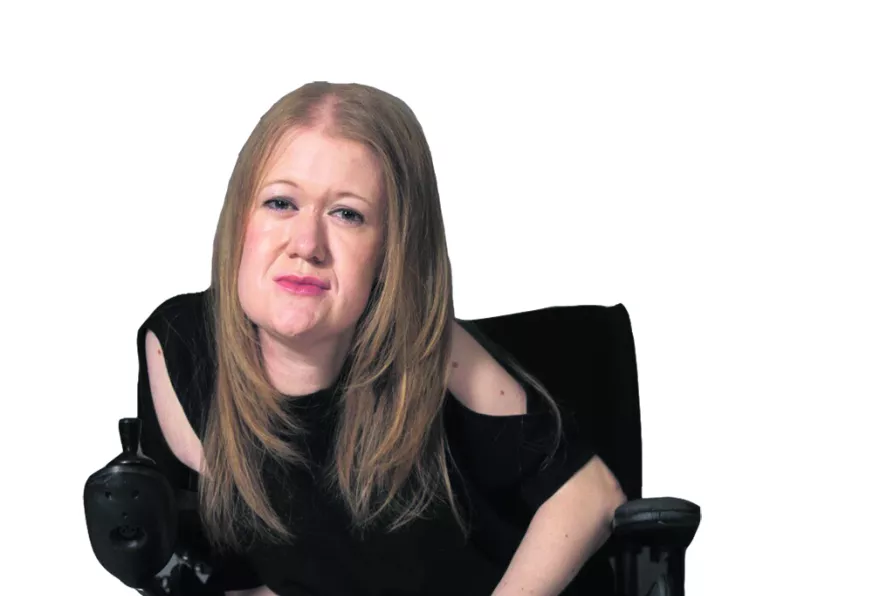Once the bustling heart of Christian pilgrimage, Bethlehem now faces shuttered hotels, empty streets and a shrinking Christian community, while Israel’s assault on Gaza and the tightening grip of occupation destroy hopes of peace at the birthplace of Christ, writes Father GEOFF BOTTOMS
‘As a disabled journalist, I wanted disabled people’s voices to be heard’
Ruth F Hunt interviews FRANCES RYAN about her new book dissecting the impacts of austerity

 Frances Ryan
Frances Ryan
JOURNALIST Frances Ryan, recently longlisted on the Orwell Prize for Exposing Britain’s Social Evils, has for the past seven years reported for the Guardian on what is really happening to disabled people due to austerity.
In doing so, she has provided an ongoing reality check to the lies, slurs and misleading remarks coming from Iain Duncan Smith, Esther McVey, Amber Rudd and others.
In recent years she has been focusing on individual lives. Those people with disabilities facing multiple cuts coming from all directions.
Similar stories

By making Personal Independence Payments harder to access, Labour is creating another barrier for those already struggling with soaring care costs, workplace discrimination and prejudiced employers, argues RUTH HUNT

Both Conservative and Labour administrations have now refused to release research showing PIP payments are vital for disabled people’s survival, exposing the ideological nature of planned welfare ‘reforms,’ writes Dr DYLAN MURPHY

Labour is deliberately continuing Tory policies that cost us £38 billion more than they save while driving illness rates higher — despite the evidence that previous sanctions doubled suicide attempts, writes CLAUDIA WEBBE

TIM CROSLAND of Plan B and Defend Our Juries talks to Morning Star’s Ceren Sagir about the legal mechanisms behind Britain’s crackdown on protest rights










